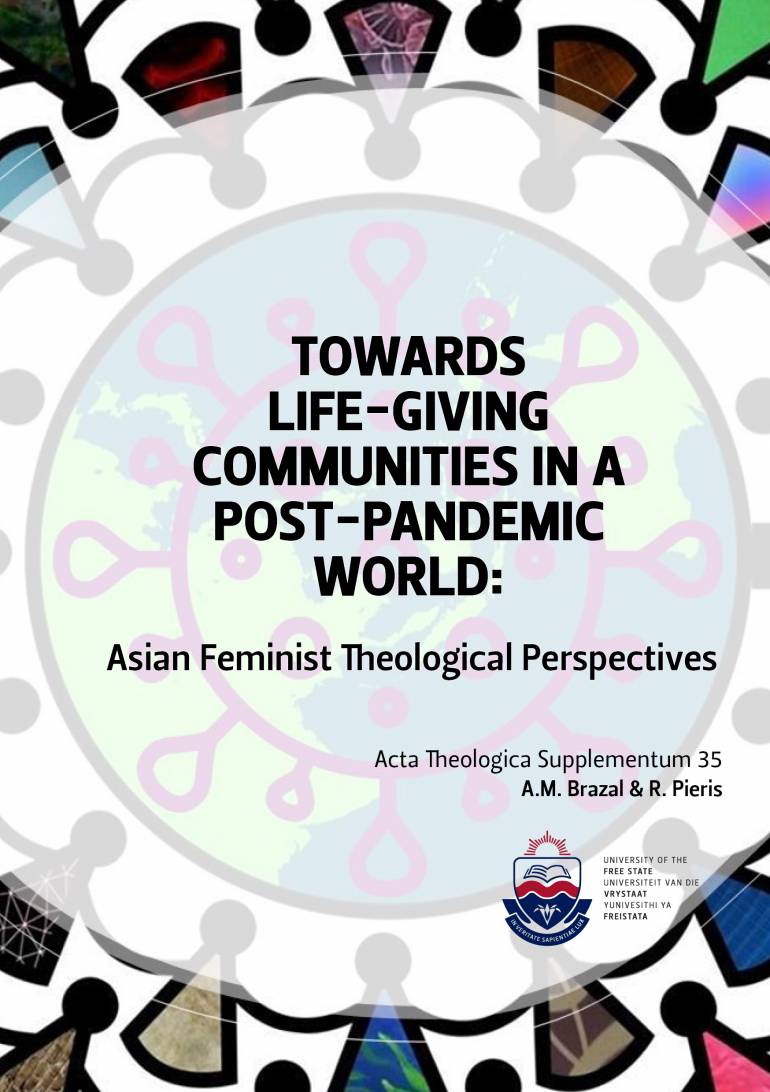‘Hybrid Church’ essential in the post-pandemic world, study predicts

In a recent study published on November 26, the Acta Theologica Research journal predicted that in a post-pandemic world where religious activities can be held online and offline, the Catholic Church’s transition to becoming a ‘hybrid church’ is essential.
The research paper by Prof. A. Brazal of De la Salle University and Dr. T. Camarines of De la Salle Integrated School, Philippines, shows that “there is no significant change” in the participation of women in the Catholic Church’s major religious activities before and after the pandemic.
The study, which focuses mainly on highly educated middle-class women, showed that more than 90% of the participants “expressed a deepening of their faith as a result of their participation in online religious activities.”
The research focused on these activities: Mass, personal prayer, group meditation, bible reading, bible sharing, praying the rosary, lighting a candle, listening to music, novena, anointing of the sick, funeral/memorial rites, charity, human rights advocacy, rituals.
According to Brazal and Camarines, the Church's switch to online channels "may have helped sustain women's religious practice," which is what has caused this minor change.
Furthermore, the study revealed that women exercised crucial roles in maintaining religious well-being in their homes and communities.
“Although this can be read as reflecting the patriarchal division of labor in the family that relegates care for the religious well-being of the family, especially to mothers, it can also be interpreted as a manifestation of women’s exercise of agency and leadership during the pandemic,” the study indicated.
Accredited South African journal Acta Theologica publishes independently reviewed research articles. The journal's most recent issue centered on "Towards life-giving communities in a post-pandemic world: Asian feminist theological perspectives."
Radio Veritas Asia (RVA), a media platform of the Catholic Church, aims to share Christ. RVA started in 1969 as a continental Catholic radio station to serve Asian countries in their respective local language, thus earning the tag “the Voice of Asian Christianity.” Responding to the emerging context, RVA embraced media platforms to connect with the global Asian audience via its 21 language websites and various social media platforms.











